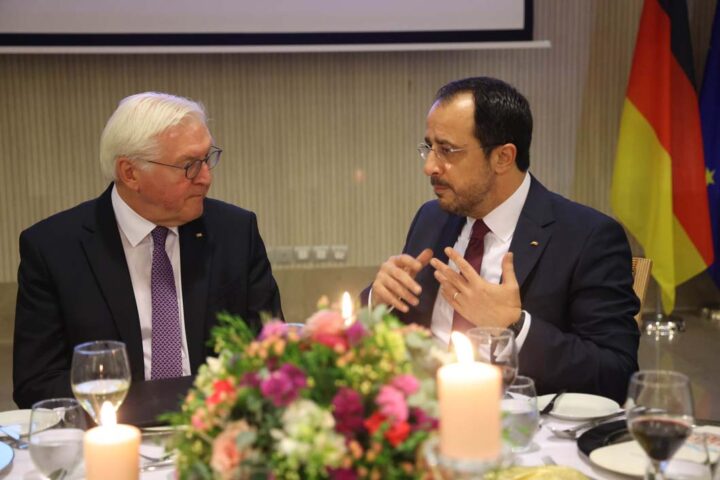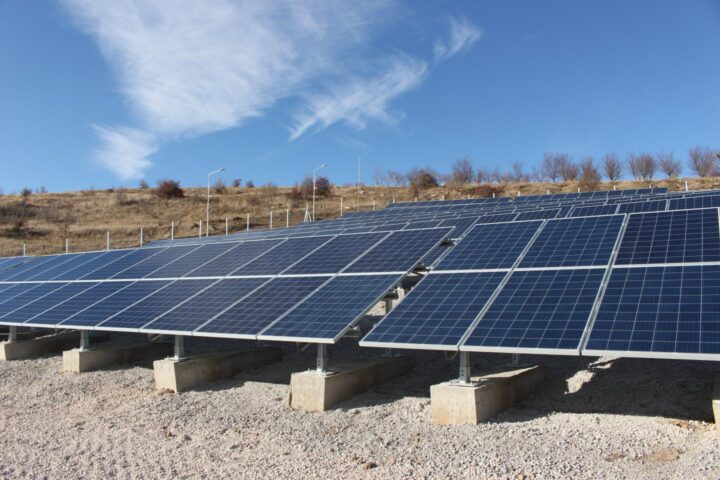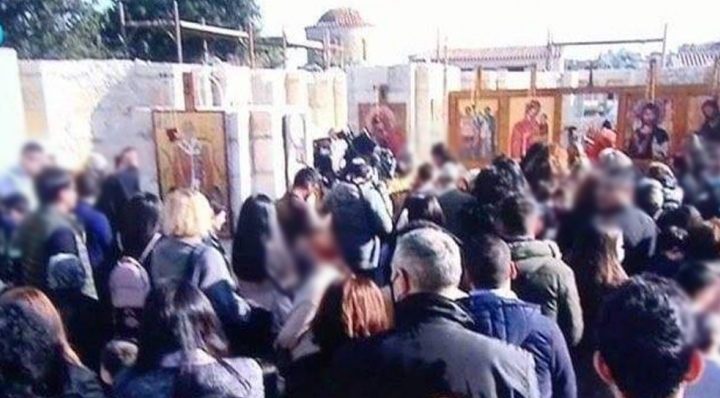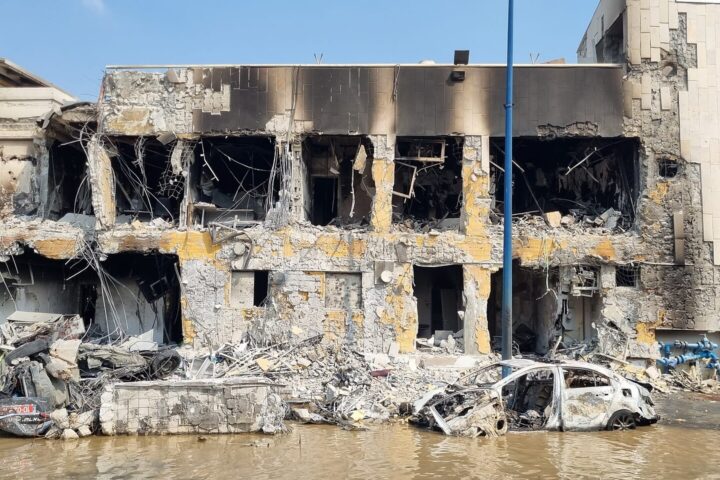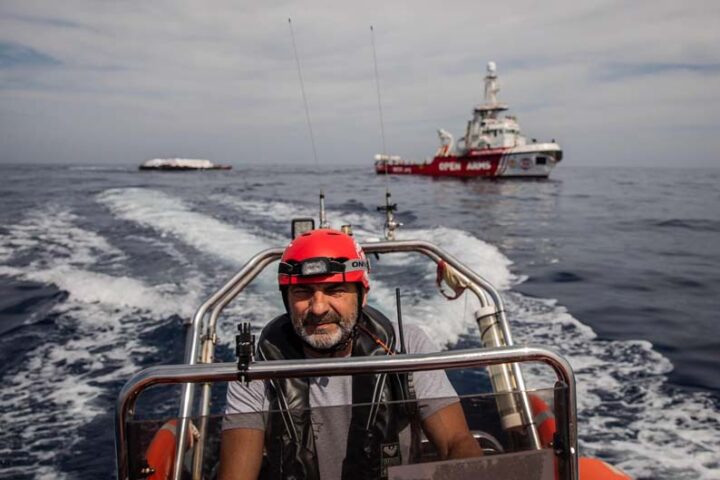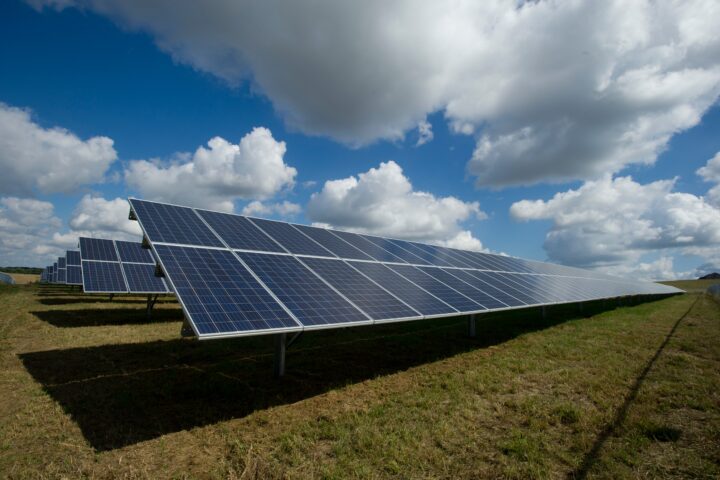Two landmark events this week allowed Cyprus to get back on the regional and European energy map.
The current administration has kept energy high on its agenda.
Still, the next holders of the presidency as of February ought to up the ante and ensure that Cyprus delivers on its green agenda commitments and genuinely means it.
The long-awaited electricity cable, the EuroAsia Interconnector, finally got off the ground with a high-profile inauguration ceremony, marking the start of construction works of the world’s “longest and deepest” subsea cable, to quote Commission President Ursula von der Leyen.
This will include global contractors such as giants Siemens and Nexans, with more than €758 mln in EU funding.
And to ensure the project sticks to the delivery timeframe of 2027, Energy Commissioner Kadri Simson was here to drive home the message that Europe needs to secure its energy supplies and not become hostage to regional despots, switching off power lines and gas pipelines.
The interconnector, starting with 1,000MW capacity, will transmit electricity produced from renewables (solar and wind), helping Cyprus meet its emission targets and remain on track to becoming a carbon-neutral economy by 2050 latest.
As it later doubles its capacity to 2,000MW, it will attract regional energy producers Israel and Egypt to provide generous supplies of low-cost electricity for consumption in continental Europe.
Either way, consumers in Cyprus will benefit from a reduction in power generation costs and fees of about €200 mln a year which, when added to the mix of low-emission natural gas production, will help cut down CO2 and keep costs low, making economies more competitive.
At the same time, the ministerial-level mini-summit of stakeholders in the East Mediterranean Gas Forum also met in Nicosia this week, debating on the security of supply and providing alternative sources to energy-thirsty Europe bracing for a cold winter due to the war in Ukraine.
Cross-border cooperation should reach beyond natural gas production, resource-sharing, and pricing issues.
This is a great moment in the modern history of all the partner nations to evolve together and unite as one force to be reckoned with on the economic and geostrategic levels.
Low-cost energy also brings stability, prosperity and national wealth that should be redirected into societies and efforts to maintain peace.
Just as leaders are weaponising their energy resources and the refugee crisis, using energy as a change for good may be the best way to rebuild the Balkans and the eastern Mediterranean, based on sound, fair and democratic principles.


